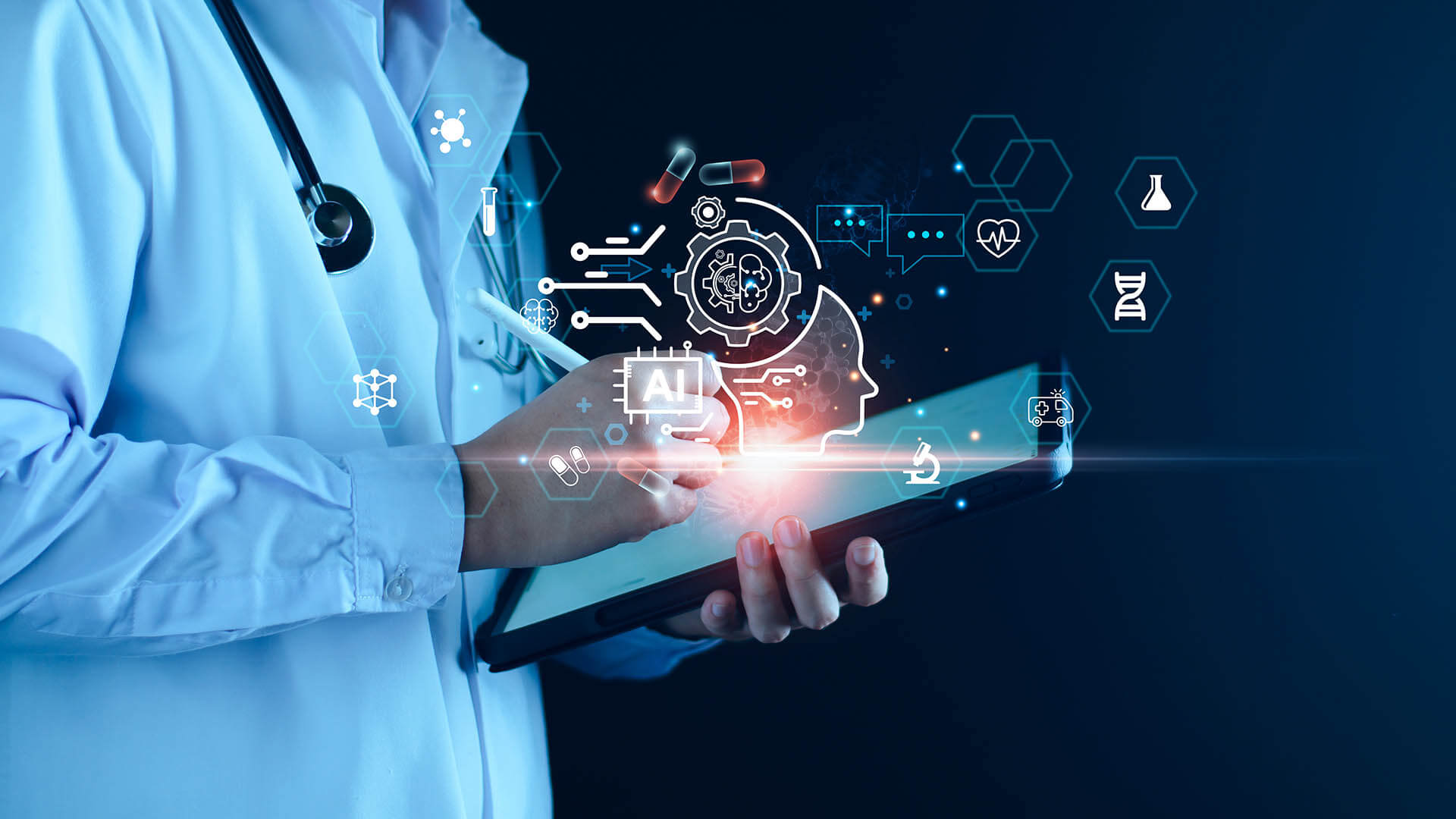WHO maps application of AI in traditional medicine
July 12, 2025 | Saturday | News
India first country to launch a Traditional Knowledge Digital Library: WHO
image credit- shutterstock
In a significant milestone for global healthcare innovation, the World Health Organization (WHO) has released a technical brief titled "Mapping the Application of Artificial Intelligence in Traditional Medicine", acknowledging India’s pioneering efforts in integrating Artificial Intelligence (AI) with traditional medicine systems, particularly Ayush systems.
The release follows India’s proposal on the subject, leading to the development of WHO’s first-ever roadmap for applying AI in traditional medicine.
The document showcases a range of AI-driven applications in Ayurveda, Siddha, Unani, Sowa Rigpa, and Homoeopathy, including diagnosis support systems that integrate traditional methods like pulse reading, tongue examination, and Prakriti assessment with machine learning algorithms and deep neural networks. These efforts are enhancing diagnostic accuracy and enabling personalised preventive care.
One of the standout features in the WHO brief is the mention of Ayurgenomics, a scientific breakthrough that combines genomics with Ayurvedic principles. This initiative aims to identify predictive disease markers and personalise health recommendations using AI-based analysis of Ayurvedic constitution types. The document also highlights efforts to decode the genomic and molecular basis of herbal formulations for repurposing in modern disease conditions—a major leap in integrating traditional wisdom with contemporary science.
India’s initiatives to digitise traditional knowledge, such as the Traditional Knowledge Digital Library (TKDL), are praised as global models for the preservation and responsible use of indigenous medical heritage. Furthermore, AI-powered tools are being used for cataloguing and semantic analysis of ancient texts, enabling easier access to time-tested therapeutic knowledge.
Another critical aspect recognised by the WHO is the use of AI for drug action pathway identification, comparative studies across systems like Ayurveda, TCM, and Unani, and the development of artificial chemical sensors to assess traditional parameters such as Rasa, Guna, and Virya. These technological interventions are helping validate and modernise traditional formulations.
The document also applauds India’s broader efforts in incorporating digital platforms for online consultations, promoting digital literacy among Ayush practitioners, and building interoperable systems to integrate traditional medicine with mainstream healthcare.









